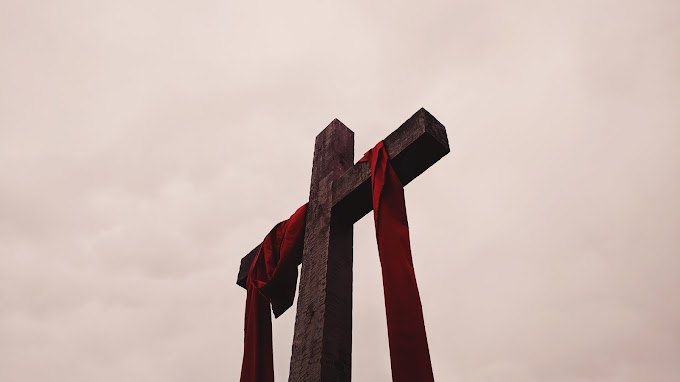“Whether you eat or drink, or whatever you do, do all to the glory of God” (1 Corinthians 10:31).
Many people asking this question quote Romans 6:14 or Colossians 2, saying “It seems we can eat anything we want to eat now.” It’s a fair question but we need to be careful to distinguish what the Bible is really teachingin these passages. If we aren’t careful, we can jump to conclusions andconnect two points that aren’t actually related—and end up distorting God’s will.
First, let me clarify that the reference in Colossians 2 speaks of the ceremonial law of types and shadows that pointed forward to the death of Jesus; this law has no further meaning beyond the cross. Verse 14 states, "Having wiped out the handwriting of requirements that was against us, which was contrary to us. And He has taken it out of the way, having nailed it to the cross.” The sanctuary rituals associated with Christ’s sacrifice were fulfilled at Calvary. They are no longer necessary.
However, health laws actually preceded the time of Moses and the sanctuary system; they can be found going all the way back to Noah and the flood. During this time, God clearly identified a difference between clean and unclean animals. “You shall take with you [into the ark] seven each of every clean animal [and] … two each of animals that are unclean” (Genesis 7:2). They were to take more clean animals so they could eat them, as all the vegetation was destroyed following the flood; the unclean animals were not at risk to be consumed by Noah’s family.
Finally, Paul’s warning in Romans 6:14 is given in the context of those who attempt to gain salvation by keeping the law. Christians realize they are only saved by the merits of Christ. Attempting to gain heaven through one’s efforts is a sure way to miss this gift. Yet when Jesus is received into the heart, we should desire to keep the commandments in order to show our love to Him (John 14:15).
Today, Lord, write your laws in my heart. I open myself to receive you into my life. Thank you for your death on Calvary that sets me free from sin.
For Further Study: Leviticus 11:1–12; Isaiah 65:2–5; 1 Corinthian 8
Jildas MUNYANTORE, Author











What's on your mind